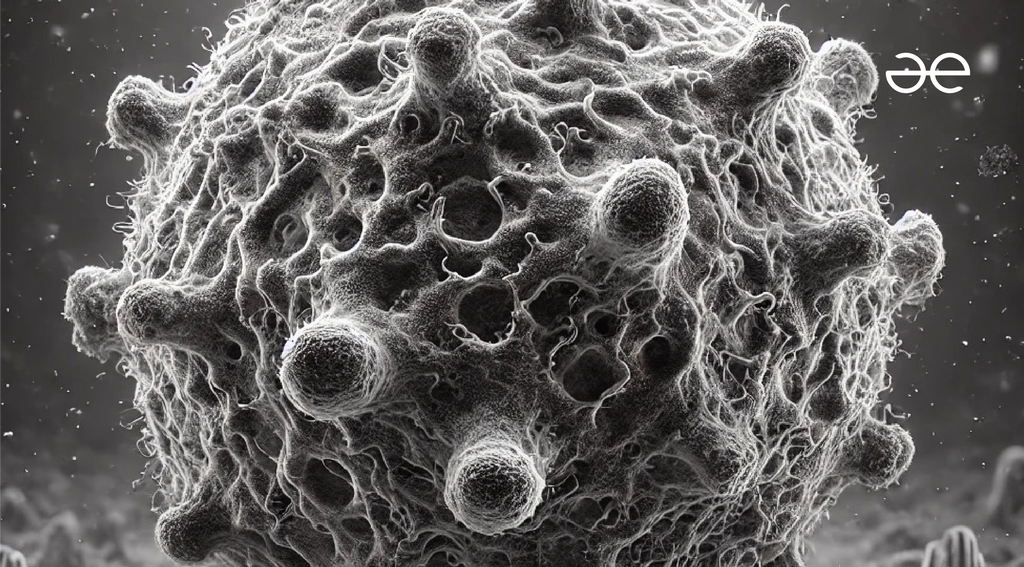
Immune System 101 – How Your Body Fights for You
Your immune system is one of the most powerful and intelligent systems in your body. It’s a complex, coordinated network made up of organs, white blood cells, proteins, and chemicals — and its one and only mission is to protect you. Every day, it’s working quietly and tirelessly to keep you safe from harmful microbes like viruses, bacteria, and other pathogens.
Let’s take a closer look at how this remarkable system works — and why supporting it is one of the best things you can do for your health.
Your Three Lines of Defence
Think of your immune system like your body’s own personal security team, operating on three levels. Each one has a role, and together, they form a powerful shield against illness.
First Line: Physical and Chemical Barriers
Your first line of defence is simple but powerful: it keeps invaders out in the first place.
This includes:
-
Your skin
-
The mucous membranes in your nose, throat, lungs, and even your vagina
-
Stomach acid and digestive enzymes
-
The friendly bacteria (your gut microbiome!) that live in your intestines
All these parts work together to stop microbes before they even get the chance to cause trouble.
For example, mucus traps bacteria and viruses before they reach your cells. It also contains enzymes that kill microbes. When you sneeze, have a runny nose, or cough up phlegm — that’s your body literally clearing out the enemy!
Your stomach acid destroys most microbes that make it past your mouth (which is why maintaining healthy stomach acid is so important). Then, bile acids and digestive enzymes take over in the intestines, helping to break down anything harmful that slips through.
Even your skin is more than just a barrier — it’s an ecosystem. Its surface is home to trillions of friendly microorganisms that help block and kill harmful bacteria. (So be gentle with your skin — overusing harsh soaps or disinfectants can disrupt this natural defence.)
Second Line: Innate Immunity – Your Rapid Response Team
Your innate immune system is the fast-acting, no-nonsense responder that kicks in when something gets past your barriers. It’s there from the moment you’re born — and it’s always on alert.
Two key players here are:
-
Macrophages – These large white blood cells patrol the spaces between your cells, removing waste and attacking anything suspicious. They’re especially concentrated under your skin and mucous membranes, ready to jump into action.
-
Neutrophils – These circulate in your bloodstream and race to the site of infection as soon as trouble is detected. They make up the bulk of your white blood cells — about 70%!
When invaders get in, these cells leap into action, swallowing and destroying them through a process called phagocytosis(imagine them like microscopic Pac-Men). At the same time, they send out chemical messages calling in reinforcements.
Third Line: Adaptive Immunity – Your Personalised Defence System
Your adaptive immune system is where the real magic happens. This part of your immunity learns, remembers, and adapts. It develops over your lifetime as you're exposed to different germs, vaccines, and even your environment.
What makes this system so powerful is its precision. It recognises specific invaders by their antigens — unique proteins on the surface of pathogens — and creates a tailor-made response to get rid of them.
Even better? It remembers them. So next time that same pathogen shows up, your immune system is ready — faster and stronger than before.
🧬 Meet the Stars: T Cells and B Cells
Your adaptive immune system relies on two incredible types of white blood cells that work together as a team:
T Cells – The Directors and Destroyers
T cells are trained in a special gland called the thymus (which is why they’re called T cells). They come in several important types:
-
Helper T Cells (CD4) – The coordinators. They activate other immune cells and keep everything running smoothly.
-
Killer T Cells (CD8) – The sharp shooters. They identify and destroy infected cells.
-
Regulatory T Cells – The peacekeepers. They calm the immune system down once the job’s done and help prevent excessive inflammation.
As you age, your thymus shrinks, and your T cell production slows down — but your body continues to use the T cells you’ve already trained throughout your life. This is why supporting your immune system becomes even more important as you get older.
B Cells – The Antibody Experts
B cells mature in your bone marrow and have one main mission: to produce antibodies — powerful proteins shaped like Ys that attach to pathogens and flag them for destruction.
Each B cell is trained to recognise one specific antigen. Once activated, it starts producing antibodies that stick to the invader like glue, neutralising it and helping other immune cells find and destroy it.
Built-in Memory: Your Immune System Never Forgets
One of the most empowering aspects of your immune system is its memory. Once it’s faced a threat, it remembers it. This is what makes vaccines so effective — they train your body without making you sick.
The next time your immune system encounters the same threat, it reacts faster and more forcefully — often stopping the invader before you even feel a symptom.
You and Your Immune System: A Powerful Partnership
Your immune system is a miracle of biology — a smart, adaptable, and resilient army that protects you every single day. And the best part? You can actively support it.
Here’s how:
-
Feed it well – Nutrient-rich foods support immune cells and promote a healthy gut microbiome
-
Move your body – Exercise helps your immune system stay strong and responsive
-
Rest and recover – Sleep is when your body resets and repairs
-
Manage stress – Chronic stress can weaken immune defences, so finding balance matters
-
Stay connected – Strong relationships and community can improve immune resilience
Final Thoughts
Your immune system isn’t just a defence mechanism — it’s a living, learning, growing system that adapts with you. The more you understand it, the more empowered you are to take care of your health.
So next time you sneeze, feel a scratchy throat, or bounce back from a cold — know that your body is working behind the scenes with incredible strength and intelligence.
Support your immune system, and it will support you — for life.

